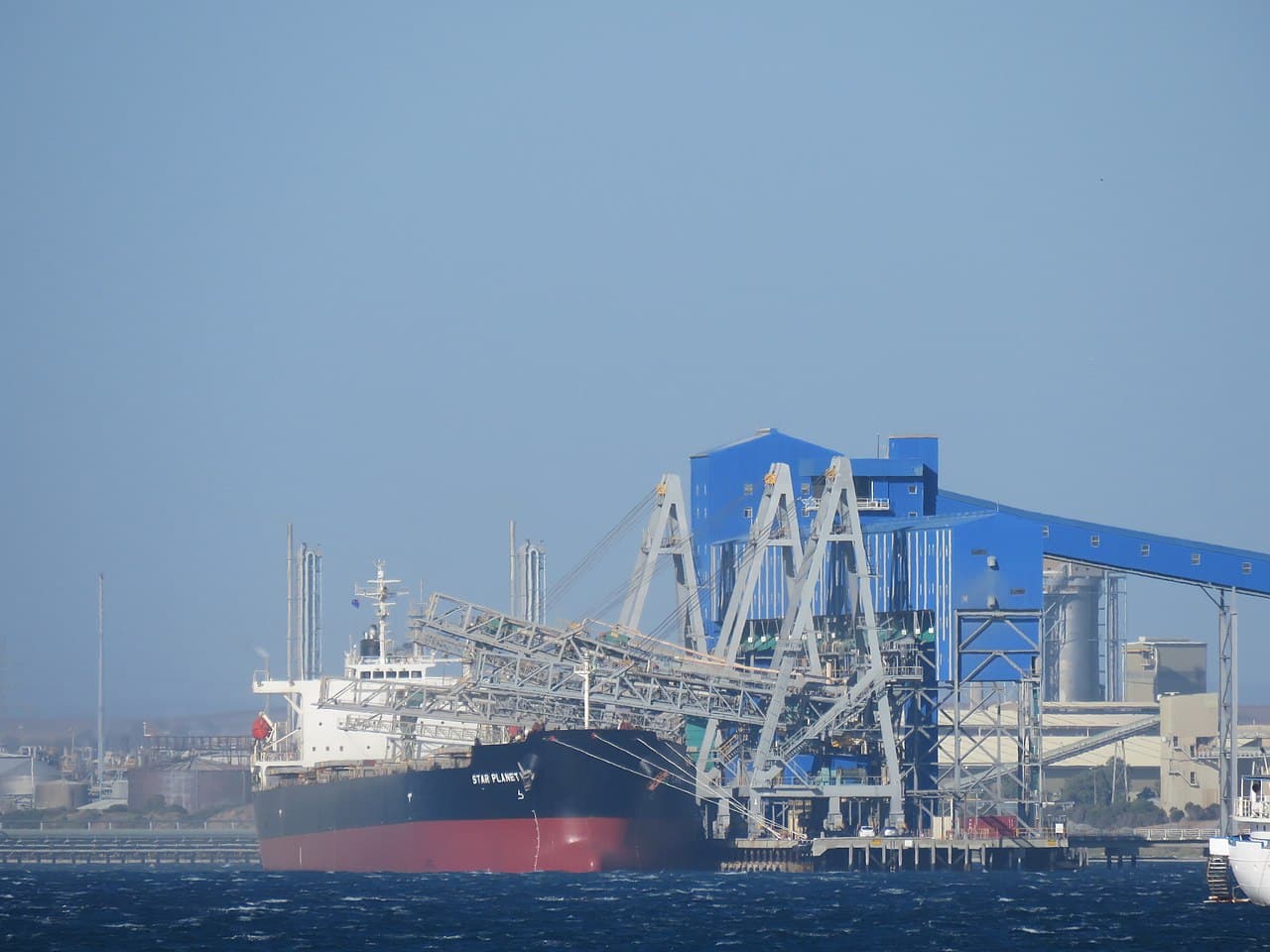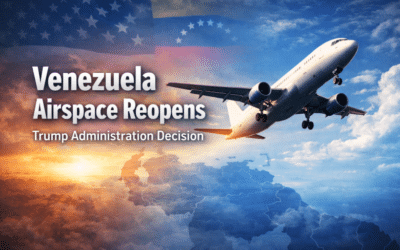The United Nations is pushing to include a key product in fertilizer within the deal that allows Moscow and Kiev to export grain through Ukrainian ports. A Western diplomat said expanding the grain agreement to include Ammonia from Russia could stabilize the grain deal. Russian President Vladimir Putin recently criticized the export deal because the food products were going to wealthy countries that have sanctioned Moscow, rather than low-income countries.
On July 22, the UN and Turkey successfully negotiated an agreement between Ukraine and Russia to allow food-related products to be shipped from Kiev’s Black Sea ports. Nearly 100 ships carrying over 60,000 tonnes of grain have so far been exported through the Black Sea.
Last week, Putin and Turkish President Tayyip Erdogan attacked the agreement because only a small percentage of food transported through the Black Sea has made it to poor countries. “The fact that grain shipments are going to the countries that implement these sanctions (against Moscow) disturbs Mr. Putin. We also want grain shipments to start from Russia,” Erdogan said. “The grain that comes as part of this grain deal unfortunately goes to rich countries, not to poor countries.”
On Wednesday, a Western diplomat told Reuters that expanding the agreement to include Ammonia could preserve the deal. “By having a key Russian company export through the same Black Sea corridors that the Ukrainian grain is going through stabilizes the arrangement and could lead to a longer-term extension of the agreement,” the official said.
Ammonia is a key ingredient in nitrate fertilizer. A pipeline from Russia to Ukraine’s Black Sea ports that carries 2.5 million tonnes of Ammonia per year was shut off when Moscow invaded in February.
A top UN official said Ammonia is essential for the world economy. “The absence from the market of Ammonia formerly shipped through Ukraine has caused substantial hardship in countries dependent on that product. We believe that resumption of shipments will help to stabilize fertilizer prices worldwide and to avoid a global food crisis,” Chief Executive Ed Weiner said in the statement.
While expanding the agreement will increase Russian exports, Washington may support the UN proposal. Despite calls to isolate Moscow, the White House has encouraged American companies to import Russian fertilizer.
































